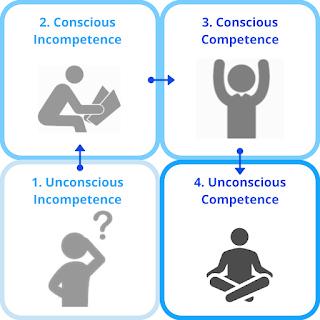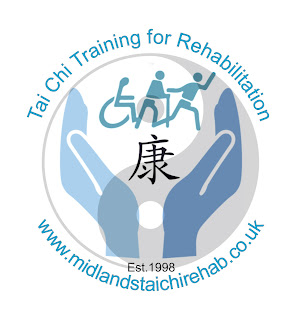What is imposter syndrome and how can NLP help?

What is imposter syndrome and how can NLP help? Impostor syndrome refers to a psychological phenomenon where individuals doubt their accomplishments and have a persistent fear of being exposed as a fraud, despite evidence of their competence and success. Pauline Rose Clance and Suzanne Imes originally identified Imposter syndrome in 1978. People experiencing impostor syndrome often attribute their achievements to luck or external factors rather than acknowledging their own skills and abilities. This can lead to feelings of inadequacy, anxiety, and a constant fear of being exposed as a "fake." Neuro-Linguistic Programming (NLP) is a set of tools and techniques aimed at understanding and influencing human behaviour, communication, and thought patterns. While NLP may not be a recognised therapeutic approach in the same way as traditional psychotherapy and CBT, it has been shown as an effective approach to address issues like impostor syndrome. Here's how NLP may be



